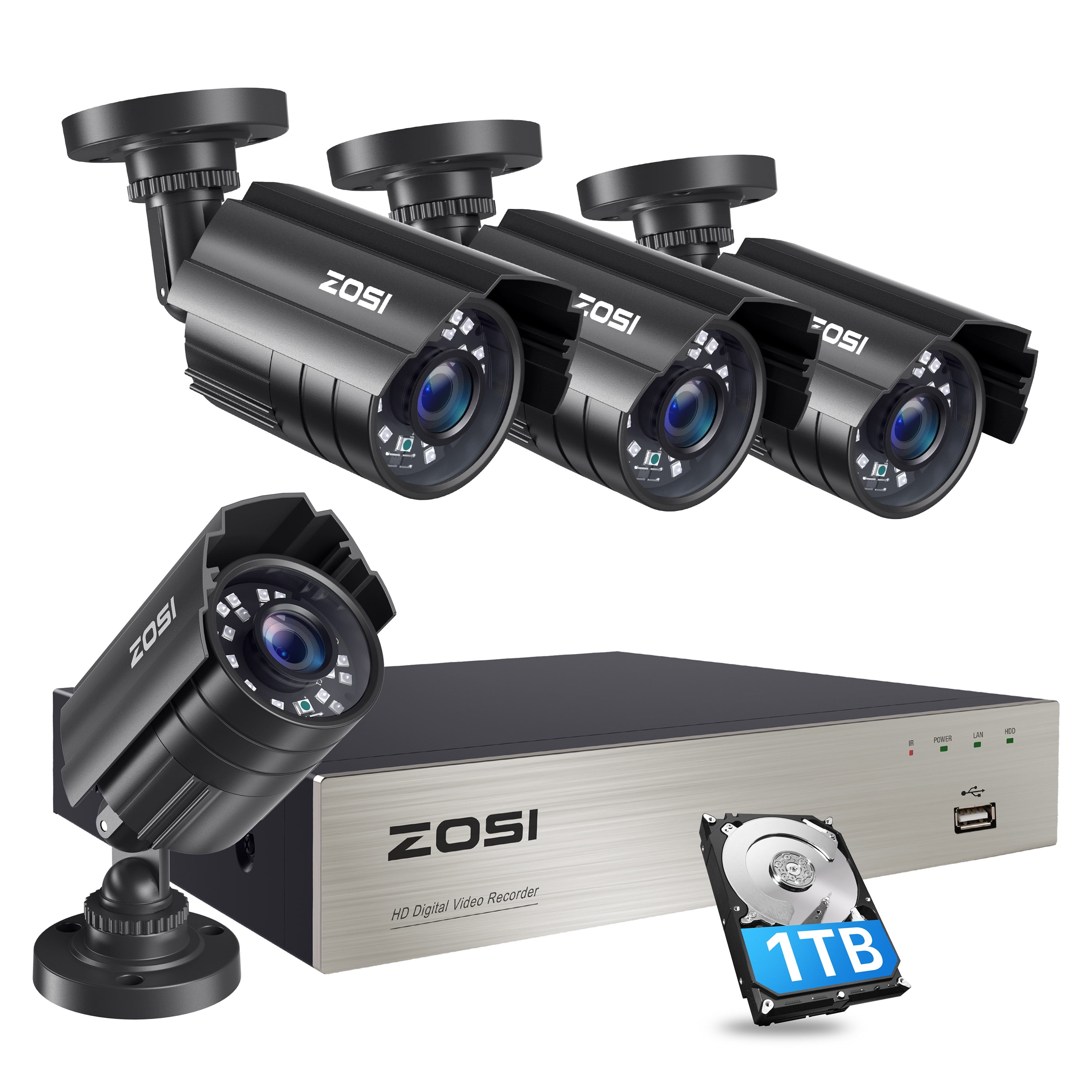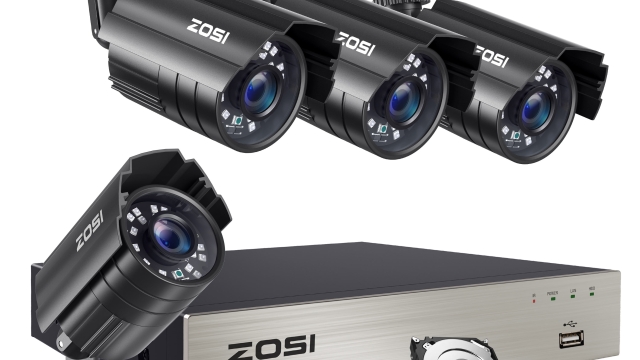
In an increasingly unpredictable world, the presence of security cameras has become a familiar sight in our daily lives. With their ability to monitor and record, these devices serve as a silent yet vigilant guardian, instilling a sense of safety and security in both public and private spaces. From busy streets to quiet neighborhoods, security cameras have woven themselves into the fabric of modern society, shaping how we perceive and approach safety.
The transformative power of security cameras extends beyond mere surveillance. They act as a deterrent against crime, provide critical evidence in investigations, and can even foster a sense of community trust. As technology continues to evolve, the capabilities of security cameras expand, offering features such as real-time monitoring, facial recognition, and even integration with smart home systems. In exploring the multifaceted impact of security cameras, it becomes clear that they are more than just tools; they are pivotal in redefining how we perceive security in our everyday lives.
Impact on Crime Prevention
The presence of security cameras has significantly deterred criminal activity in various environments, ranging from residential neighborhoods to commercial establishments. When potential offenders notice a well-placed security camera, they are often discouraged from committing crimes, as the risk of being caught is heightened. Studies have shown that areas equipped with security cameras experience lower crime rates, contributing to a sense of safety within communities.
Furthermore, security cameras provide valuable evidence when crimes do occur. Footage captured by these devices can aid law enforcement agencies in identifying suspects and solving cases more effectively. This ability to gather and present visual evidence not only helps in prosecuting offenders but also instills greater confidence in the community regarding the effectiveness of local law enforcement.
Wholesale Security Cameras
In addition to deterring crime, security cameras can promote proactive measures within organizations. Businesses and property owners can monitor their premises in real time, allowing for immediate response to suspicious activities. The implementation of security cameras fosters a safer environment for employees, customers, and residents, reinforcing a culture of vigilance and accountability.
Enhancing Public Safety
Security cameras play a crucial role in enhancing public safety by acting as a deterrent to criminal activity. When potential offenders see cameras in operation, they are less likely to engage in illegal behavior, knowing they are being watched. This visible surveillance creates a sense of security for residents and visitors alike, fostering a more conducive environment for community engagement and trust.
In addition to deterring crime, security cameras provide valuable evidence in the event of an incident. Recorded footage can assist law enforcement in investigations, leading to quicker resolutions and increased accountability. The ability to review video footage helps authorities understand what occurred during an incident, which is essential for legal proceedings and building stronger cases against perpetrators.
Furthermore, security cameras contribute to a more organized and safer public space. They are often integrated with other security systems, allowing for real-time monitoring and rapid response to potential threats. This level of vigilance not only protects individuals but also enhances the overall safety of communities, making security cameras an essential tool for modern public safety strategies.
Privacy Concerns and Ethical Considerations
As security cameras become more prevalent in both public and private spaces, concerns surrounding privacy have intensified. The ability to monitor individuals without their consent raises significant ethical questions. Many argue that constant surveillance can infringe upon personal privacy, leading to a feeling of being watched at all times. This pervasive presence can alter behavior, creating a chilling effect on individuals who may hesitate to express themselves freely in monitored areas.
Moreover, the potential for misuse of footage from security cameras cannot be overlooked. There are worries about who has access to the recorded data and how it is handled. Instances of unauthorized sharing or hacking pose risks to individual privacy, potentially exposing sensitive moments or personal activities to unintended viewers. Establishing robust regulations around data access and retention is crucial to safeguarding individual rights.
Lastly, striking a balance between security needs and privacy rights is essential. While security cameras can enhance safety and deter crime, their deployment must be governed by clear ethical guidelines. Community engagement and transparent policies can help create a framework in which security cameras contribute to safety without compromising the fundamental right to privacy. By fostering a culture of respect and accountability, society can embrace the benefits of security technology while mitigating its risks.

